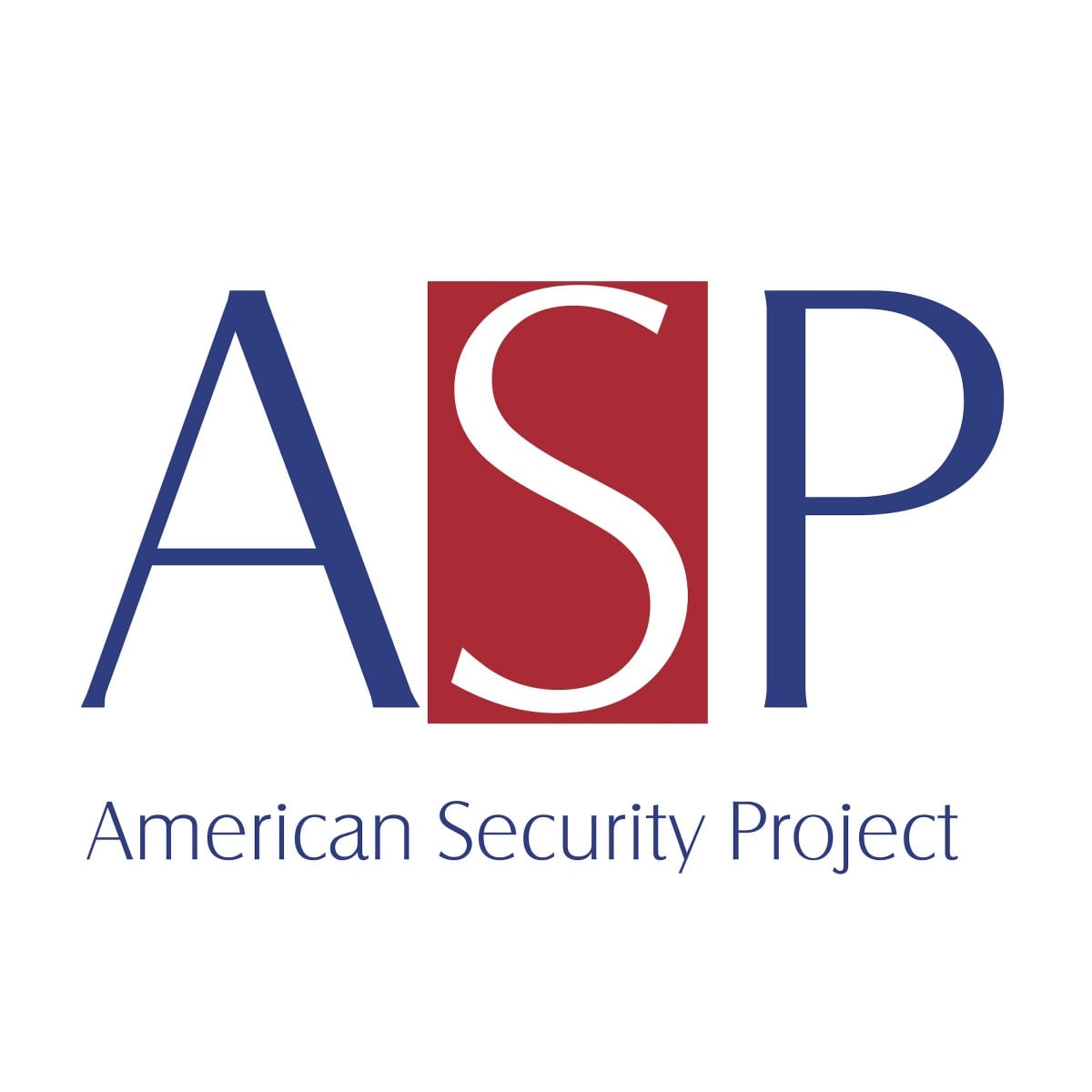
Signing off from ASP
This is the last article I’ll write on our website as an employee of the American Security Project. Almost exactly a decade after I was first hired to lead ASP’s climate and energy work by then-Director Jim Ludes, I’m off to the next step in my career. On Monday, May 3, I will start a new role as CEO of the Fusion Industry Association, spinning off an initiative that has been important at ASP for years. But, before getting into that, I wanted to do a quick retrospective of some important initiatives that ASP has covered over the years.
In my decade at ASP, I’m proud of the work we did to make the very clear case that climate change presents threats to national security. In 2012, we published our landmark Climate Security Report, which laid the analytical groundwork for ASP’s ongoing climate efforts (and predicted some of the security impacts we’ve seen since). It’s been quite a ride to watch what had been a very small coterie of us working on the impacts of climate change on security when I started trying to pass legislation on it through the Senate in 2007 grow. From institutionalizing climate change into DoD planning in documents like the QDR and the Climate Adaptation Roadmap, jumping through the battles during the Trump Administration, to the first National Intelligence Estimate on climate change, which we’re anticipating any day now. On this issue, ASP’s efforts in DC were important, but I’m particularly proud of our ongoing campaign to bring these messages around the country; this effort has brought climate to new and different audiences, and has made an impact in preparing the country for the impacts of climate change – and may yet catalyze policy to deal with emissions.
I’m also proud of the work we did to try to de-politicize what had become intensely political issues. In 2017, I formed part of a delegation to Havana that brought American retired military leaders to meet with their counterparts (former enemies) in Cuba for the first time. I know there is no longer a compelling reason to delay a full normalization of relations with Cuba.
Likewise, our work on Middle East policy has shown that there is a clear middle path between full withdrawal of American forces from the region and continuation of “the forever wars.” That middle path includes working directly with our diverse American allies and leveraging the decades of infrastructure investment in bases and power projection to continue American influence, with reduced risk.
But most of all, I’m proud of the team at ASP. The staff I’ve worked with over the last ten years have made a tremendous impact, with not nearly enough resources. I give great credit to General Cheney, for his leadership of ASP through thick and thin. When he moved from CEO to President in 2019, his counsel and ongoing engagement enabled any success we may have had. As we all re-emerge from the COVID crisis, I’m confident that ASP will emerge stronger than ever. I’m planning to continue to have a role with ASP, advising the staff and board in the ongoing work. ASP’s Board is currently on the search for a new CEO who could build on the work that ASP has done for the last 15 years, and sustain it into the future. Keep an eye on this space for more announcements to come!
As of Monday, May 3, I’ll be working full-time as the CEO of the Fusion Industry Association (FIA). Many of you know that ASP has a longtime interest in fusion, as an opportunity for clean, safe, secure energy; the FIA has been an initiative of ASP for two years. After its incubation within ASP, the FIA is ready to spin-off and become a new association, advocating as the unified voice of a new industry. It is not an exaggeration to say that commercial fusion could enable a new era of American prosperity. Please feel free to keep in touch with me through the FIA’s website.





